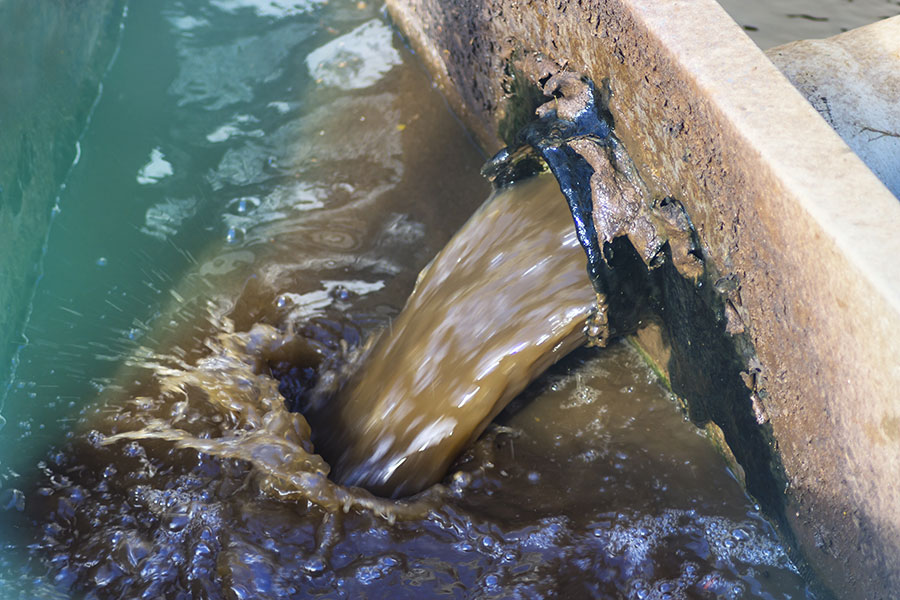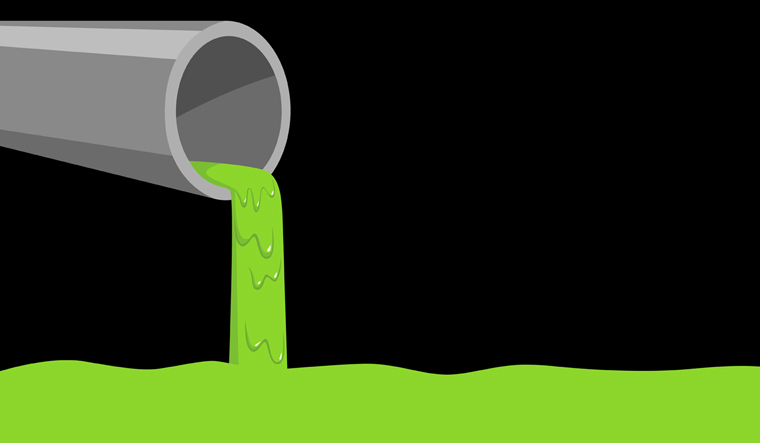Dependable Liquid Waste Disposal Melbourne: Safe and Effective Solutions
Dependable Liquid Waste Disposal Melbourne: Safe and Effective Solutions
Blog Article
Comprehending the Comprehensive Refine of Liquid Waste Disposal: Best Practices and Environmental Impact Factors To Consider
The administration of liquid waste disposal is a multifaceted issue that needs a thorough understanding of various best techniques and their associated environmental effects. From the kinds of fluid waste produced to the approaches utilized for collection, therapy, and last disposal, each action plays an important role in securing ecological communities and public health and wellness.
Types of Fluid Waste
Understanding the various types of fluid waste is vital for efficient management and disposal practices. Liquid waste can be extensively categorized into a number of types, each needing one-of-a-kind handling and treatment approaches.
Industrial liquid waste often consists of hazardous materials, including hefty steels, solvents, and chemicals, generated during making procedures. These wastes necessitate strict regulatory conformity to protect human health and wellness and the atmosphere. Residential liquid waste mostly describes wastewater created from families, consisting of sewer and greywater, which, although less poisonous, can still pose significant dangers if incorrectly managed.
Agricultural fluid waste, including runoff from farms, frequently has fertilizers and chemicals that can cause ecological degradation otherwise treated properly. Medical fluid waste, created from medical care centers, consists of polluted fluids such as physical liquids and chemicals, requiring specialized disposal techniques to protect against infection and environmental contamination.
Finally, oil and oil waste, typically produced by dining establishments and automotive markets, can trigger serious obstructions in drain systems if not managed appropriately. Recognizing these categories helps with targeted techniques for therapy, compliance with policies, and effective disposal approaches, inevitably promoting ecological sustainability and public health security.

Collection Approaches
Effective collection approaches are essential for the correct monitoring of liquid waste, guaranteeing that it is gathered safely and effectively before treatment or disposal. Different methods are utilized relying on the kind of fluid waste generated, the volume, and the details features of the waste.
One typical approach is making use of committed collection containers or sumps, which are made to capture fluid waste at the resource. These systems often incorporate pumps that facilitate the transfer of waste to bigger storage containers or treatment facilities. In addition, mobile collection systems geared up with vacuum cleaner modern technology are employed in circumstances where waste is created intermittently or in hard-to-reach locations.
For commercial setups, closed-loop systems can properly reduce spills and leakages, enabling for the healing and reuse of fluid waste. It is additionally vital to train employees on appropriate collection protocols to minimize risks connected with harmful substances.
Furthermore, executing regular maintenance routines for collection devices makes certain optimum efficiency and safety. The assimilation of innovative tracking systems can improve collection effectiveness by providing real-time information on waste levels and prospective dangers. Overall, efficient collection techniques are foundational to sustainable liquid waste management techniques.
Therapy Procedures
Therapy procedures play an important duty in the administration of liquid waste, changing potentially harmful materials into reusable resources or safe effluents - liquid waste disposal. These procedures can be generally classified into physical, chemical, and biological methods, each customized to address specific impurities existing in the waste stream
Physical therapy approaches, such as sedimentation and filtration, job by getting rid of put on hold solids and particulate matter. These techniques are typically the primary step in the therapy chain, effectively decreasing the tons on subsequent processes. Chemical therapies involve using reagents to reduce the effects of damaging substances, precipitate heavy steels, or oxidize natural pollutants, consequently boosting the security of the effluent.
Biological therapy procedures, consisting of turned on sludge systems and anaerobic digestion, maximize the all-natural abilities of microbes to deteriorate natural matter. These methods are especially efficient for wastewater having eco-friendly toxins. Advanced therapy innovations, such as membrane layer purification and progressed oxidation processes, are significantly employed to attain greater degrees of purification.
Incorporating a mix of these treatment techniques not only guarantees compliance with governing criteria but likewise advertises environmental sustainability by recovering important sources from liquid waste.
Disposal Options
How can companies guarantee the liable and safe disposal of liquid waste? Reliable disposal alternatives are vital for securing public health and the environment. The primary techniques consist of land disposal, therapy, and incineration complied with by discharge into municipal wastewater systems.
Land disposal entails the mindful control of liquid waste in marked landfills, making sure that it does not seep right into surrounding dirt or water. Incineration, on the other hand, topics fluid waste to heats, transforming it right into ash and gases, which require correct filtering to decrease emissions. This technique appropriates for contaminateds materials that can not be you could try here dealt with with standard methods.
In situations where fluid waste can be treated, organizations may choose chemical or organic therapy procedures to neutralize unsafe parts before discharging the treated effluent right into local systems. This path normally lines up with governing needs, ensuring that the effluent fulfills safety requirements.
Ultimately, organizations must perform complete evaluations of each disposal option to identify its viability, thinking about factors such as waste structure, regulatory compliance, and potential risks to health and the atmosphere. By choosing suitable disposal methods, services can add to a responsible waste management strategy.
Ecological Effect
The environmental influence of fluid waste disposal is a vital consideration for organizations looking for to minimize their environmental impact. Inappropriate disposal techniques can bring about significant contamination of Get More Information water sources, dirt destruction, and unfavorable effects on neighborhood ecosystems. As an example, hazardous liquids can leach into groundwater, presenting threats to drinking water products and water life. Furthermore, the discharge of without treatment or improperly dealt with waste right into surface area waters can lead to eutrophication, leading to oxygen exhaustion and the succeeding death of fish and other organisms.

To alleviate these effects, organizations should adopt ideal techniques such as implementing strenuous waste treatment processes, promoting recycling and reuse, and sticking to regulative requirements. By taking a positive technique to fluid waste administration, entities can significantly reduce their ecological footprint while sustaining sustainable growth objectives. Eventually, a thorough understanding of the ecological influences linked with fluid waste disposal is vital for educated decision-making and responsible stewardship of natural deposits.
Verdict
Reliable management of liquid waste is crucial for securing environmental stability and public health and wellness. By embracing ideal techniques in treatment, disposal, and collection, together with adherence to regulatory standards, the capacity for damaging contamination of ecosystems can be dramatically lowered. Constant innovations in technology and processes add to lasting waste Home Page monitoring initiatives. Eventually, a thorough understanding of fluid waste disposal not just reduces ecological influences however likewise promotes a commitment to accountable source monitoring and environmental stewardship.
The management of liquid waste disposal is a diverse concern that needs an extensive understanding of numerous best methods and their connected environmental impacts. From the types of fluid waste created to the methods utilized for collection, therapy, and last disposal, each action plays an essential function in safeguarding environments and public health.The ecological impact of liquid waste disposal is a crucial factor to consider for companies looking for to minimize their environmental footprint. Eventually, a thorough understanding of the ecological effects linked with liquid waste disposal is crucial for notified decision-making and responsible stewardship of natural sources.
Inevitably, an extensive understanding of fluid waste disposal not just minimizes environmental influences but also fosters a dedication to responsible source administration and ecological stewardship.
Report this page